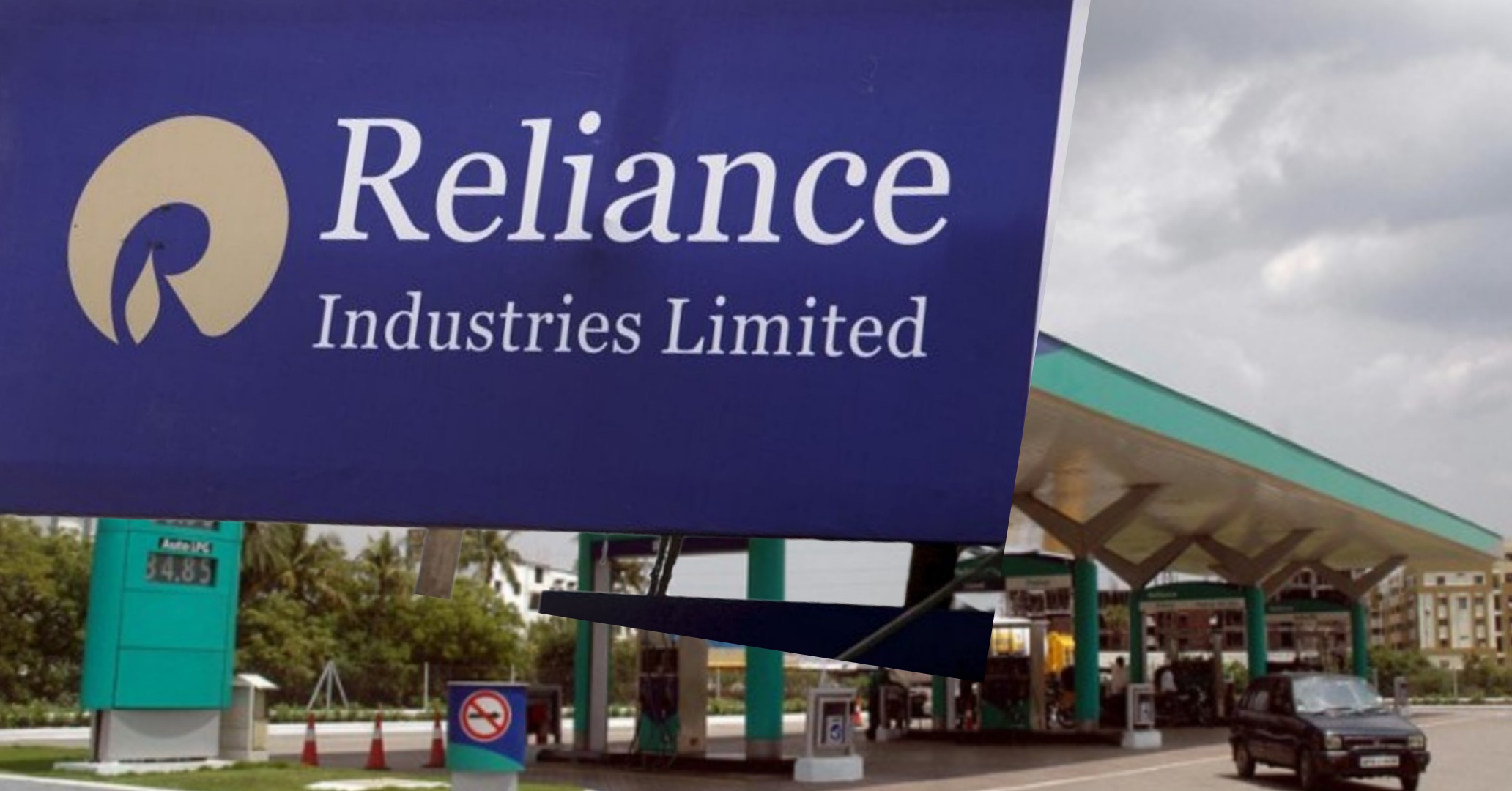
Reliance Industries, under the leadership of billionaire Mukesh Ambani, unveiled its innovative swappable and multipurpose battery storage technology for electric vehicles (EVs) at a renewable energy exhibition, marking a significant move towards clean energy.
The showcased technology features removable and swappable batteries designed for EVs, which can also serve as power sources for household appliances through an integrated inverter. Company executives, who preferred not to be quoted as they lacked authorization to speak with the media, explained that this approach allows users to utilize a single battery for both mobility and domestic energy needs.
Reliance’s battery swap stations will facilitate the exchange of these batteries, or users can recharge them at home using rooftop solar panels, a product that Reliance also plans to offer. However, specific details about the launch date for these batteries were not provided during the exhibition.
This battery storage initiative is part of Reliance’s larger $10 billion commitment to green energy projects, aimed at reducing reliance on its core oil-to-chemical business and achieving net-zero carbon emissions by 2035.
In pursuit of this goal, Reliance acquired two battery companies in 2021 and 2022, investing approximately $200 million. These acquisitions included UK-based Faradion, specializing in sodium-ion batteries, and Lithium Werks, known for lithium iron phosphate (LFP) batteries. The exhibition featured LFP chemistry-based batteries as part of the presentation.
The company also highlighted its ongoing work on customizable batteries for both commercial and individual use, intelligent swap stations, and integrated charging networks. While Reliance doesn’t intend to enter the EV manufacturing sector, the presentation indicated plans to collaborate with existing EV manufacturers.
Reliance secured incentives last year to establish a 5-gigawatt hours (GWh) battery manufacturing facility under the government’s $2.4 billion program to boost local battery cell production. This facility is scheduled to be operational by 2026 and will produce batteries and containerized energy storage solutions.
Clean automotive technology plays a pivotal role in India’s efforts to reduce pollution in major cities and achieve broader climate objectives. Currently, electric vehicles represent a small fraction of total vehicle sales in the country, primarily due to high costs associated with imported batteries and a lack of charging infrastructure.
The Indian government is actively promoting swappable batteries as a means to lower EV costs and encourage wider adoption, aligning with its strategy to combat pollution and meet climate targets.
